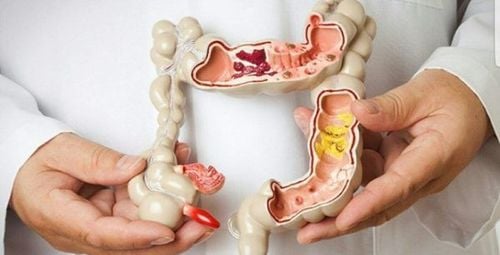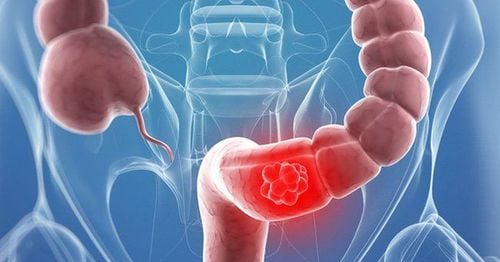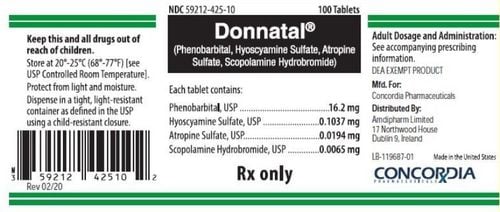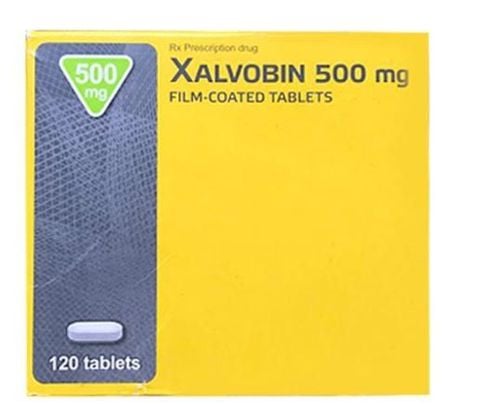This is an automatically translated article.
The article was professionally consulted by resident Doctor Le Thanh Tuan - Department of General Surgery - Vinmec Nha Trang International General Hospital. The doctor has extensive experience in examination, treatment and surgery of abdominal diseases.A benign rectal tumor is a tumor that occurs on the mucosal surface of the colon. Although not harmful to health, it has the potential to develop into cancer.
1. What is a rectal tumor?
The colon is the final organ of the gastrointestinal tract and is also the organ most susceptible to rectal tumors.Usually, rectal tumors will be benign tumors, however, it is not excluded that these tumors will develop into malignant and endanger the patient's life.
Therefore, distinguishing between benign and malignant tumors is very important, helping patients to have timely prevention and treatment.
Benign and malignant tumors are two concepts that distinguish a noncancerous tumor (benign) from a cancerous tumor (malignant).
2. Benign rectal tumor
Benign colonic polyps are rectal polyps that appear on the lining of the colon. Although they do not affect the patient's health, they cause the patient to appear some symptoms such as digestive disorders, blood in the stool.There are many types of benign rectal tumors such as rectal polyps, fibroids, lipomas, hemangiomas and some rare types of benign tumors. If the tumor has grown and becomes cancerous, excision is not effective and can be life-threatening.
Polyp is the most common benign tumor in the rectum, the number is usually 1 but can also be 2-3 or dozens.
For other types of benign tumors that can also turn into cancer, the best method is surgery to remove the benign tumor. However, the clinical surgery depends on the age and health status of the patient.
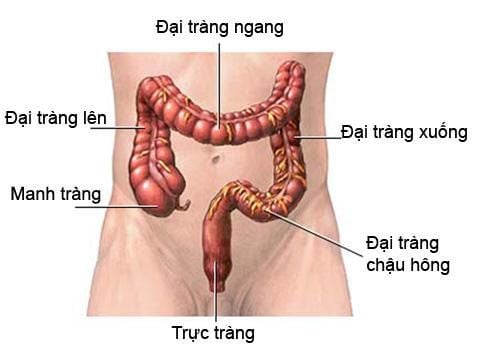
3. Malignant rectal tumor
Some diseases of the rectum can lead to cancer such as: long-term colon ulcers, polyps if detected late, ulcerative colitis.Cancer in the rectum has symptoms such as bleeding, mucus stools, the disease in the late stage causes rapid weight loss, severe anemia. Especially when the tumor is too large, it can cause intestinal obstruction.
4. Differentiate between benign and malignant tumors
One fundamental difference between benign and malignant rectal tumors is the symptoms. In the benign stage, most patients have no obvious symptoms.When that tumor develops into a malignant colon tumor (colon cancer), you will experience the following problems:
Abdominal pain: This is a common symptom. Sometimes, the pain resembles a symptom of appendicitis or colitis. Pain is not severe and indistinct, pain in the right or left iliac fossa or epigastrium depending on the location of the colon malignancy. Gastrointestinal disorders: In patients with constipation, alternating diarrhea can be a normal symptom but can also be a sign of colon malignancy. Gastrointestinal bleeding, bloody stools: The patient has bloody stools, usually dark, gray, rarely bright red. Blood mixed with feces. Prolonged bleeding can cause the patient to lose blood leading to death. At the late stage, the tumor can be palpable, in some cases causing complications of intestinal obstruction.
In addition, the disease also causes a number of other systemic symptoms such as: Weight loss, emaciated body, paleness, anemia, mental breakdown,...
Malignant colon tumor is a disease of all It can be life-threatening if not treated promptly. This type of tumor can be colon cancer or connective tissue cancer.
Even so, not everyone can tell the difference between benign and malignant tumors on their own. Especially for small malignancies, it can also move.
5. Tumor diagnostic methods
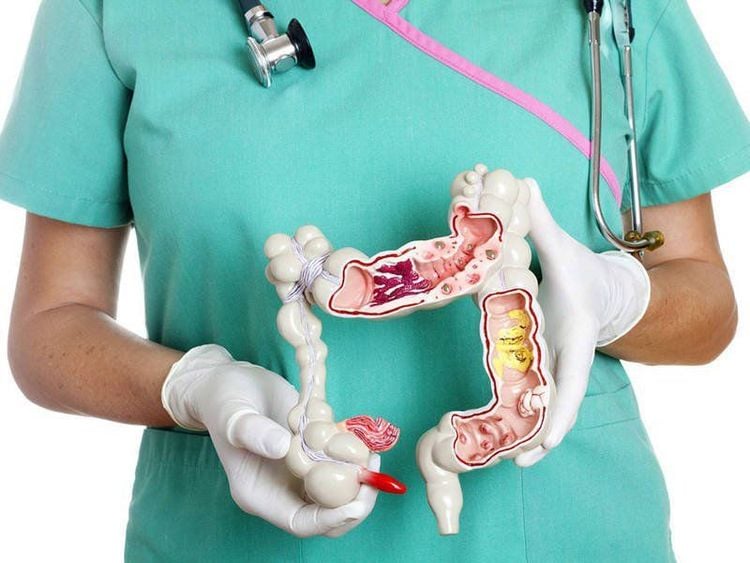
If the biopsy is determined to be malignant, the patient needs to do in-depth diagnostics to determine the extent of the tumor's spread, to assess the stage and from there to come up with the most appropriate treatment regimen.
Currently, surgery is considered the most effective for rectal cancer or rectal polyps. In which, Vinmec International General Hospital is considered as one of the leading medical facilities for disease diagnosis and treatment.
Vinmec International General Hospital is implementing a Colorectal Cancer Screening Package, made by a team of leading doctors and nurses with extensive experience in the field of colorectal cancer diagnosis and treatment. Supported by a system of modern equipment and technology, a full range of specialized means to diagnose the disease and stage it before treatment such as: Endoscopy, CT scan, PET-CT scan, MRI, X-ray mammography, histopathological diagnosis, gene-cell testing,... help detect colon cancer early even when there are no symptoms.
Please dial HOTLINE for more information or register for an appointment HERE. Download MyVinmec app to make appointments faster and to manage your bookings easily.







